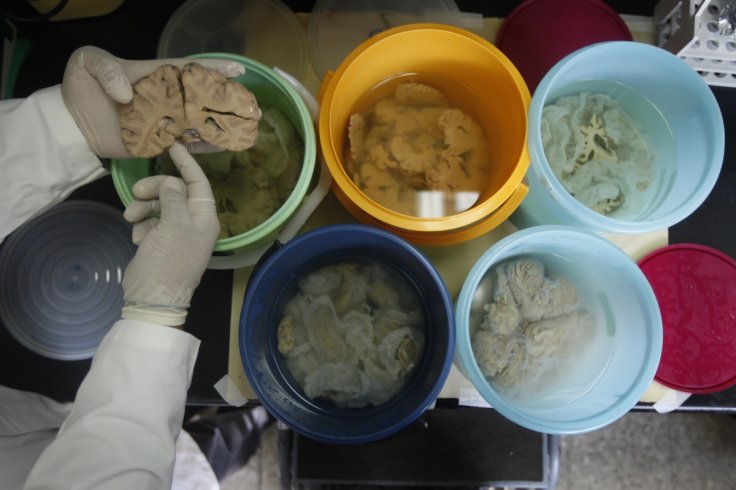
A new study has stated that Donepezil – a drug commonly used to manage Alzheimer's and dementia symptoms – can increase the risk of hospitalisation for rhabdomyolysis, a painful condition of muscle breakdown, compared to other cholinesterase inhibitors.
According to the study, published in Canadian Medical Association Journal, along with donepezil, researchers studied two more drugs rivastigmine or galantamine. Their findings revealed that donepezil is associated with a two-fold higher risk of hospital admission for rhabdomyolysis that can result in kidney disease.
The study, led by researchers from Western University's Schulich School of Medicine & Dentistry and Lawson Health Research Institute which examined ICES data of 220,353 patients aged above 66 years in Canada, found the relative risk was small but statistically significant.
It should be noted that dementia affects about 10 million people around the world each year and it is associated with a decline in memory or other thinking abilities, severe enough to affect a person's everyday activities performance. Alzheimer's disease makes up for more than 60 percent dementia cases.
"The findings of the study support regulatory agency warnings about the risk of donepezil-induced rhabdomyolysis," suggested Dr Jamie Fleet from McMaster University in Ontario, adding that most of the hospital admissions with rhabdomyolysis after donepezil use were not severe and no patient was treated with acute dialysis or mechanical ventilation.
The co-author added the 30-day incidence of hospital admission with rhabdomyolysis after initiating donepezil remained low.
The study, however, included only adults older than 65 years, suggested the author, adding the results may not be generalizable to dementia in younger adults that can be more variable and secondary to other comorbidities.









